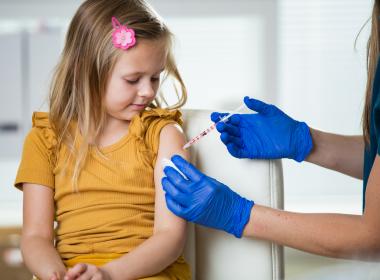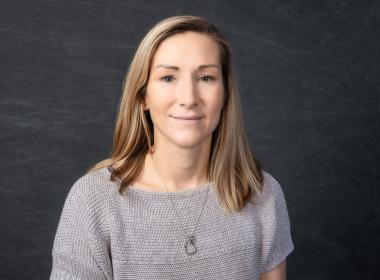Parking at the Medical Center Main Hospital Parking Garage at 289 Washington Street Park at 289 Washington Street Garage Entrance: Lincoln Street How to enter the building: Park in the garage Take the level 3 sky bridge You’ll arrive on the 4th floor of the hospital Our old entrance is closed. Outpatient
Specialty
Speech-Language Pathology At Connecticut Children’s, our pediatric speech-language pathologists specialize in assessing and treating children of all ages with a wide range of communication and swallowing conditions — from developmental, genetic and cognitive disorders to injuries and dysphagia. Our team Youth Suicide Prevention Center If you feel you or your child is in crisis, or a danger to themselves or others, call 911. In Connecticut, you can also call 211 or 988 for emergency or crisis intervention.
Article
When Diseases Are Rare, What Keeps Them That Way? By Ian C. Michelow, MD, FCPaed: These terrible illnesses were once common in childhood and caused much suffering. Today, most families are very fortunate that they don’t encounter them at all. That’s not because the diseases disappeared on their own, or because children are “more resilient.” It’s because
Awards & Recognition American Nurses Credential Center Accreditation Connecticut Children’s has received accreditation from the American Nurses Credential Center (ANCC) through its Practice Transition Accreditation Program (PTAP). This is the highest recognition an organization can be awarded by the
Doctor
Laura Kvenvold, MD Medical Director, Infection Prevention and Control
- Specialties
- Infectious Diseases & Immunology


Healthy Child Content Hub Turn to our pediatric experts for trusted information dedicated to nurturing the wellbeing of your family. Here, we offer a curated selection of blogs, resources, and supportive kits that speak to all life's ages and stages.
Condition
Sleep Apnea
